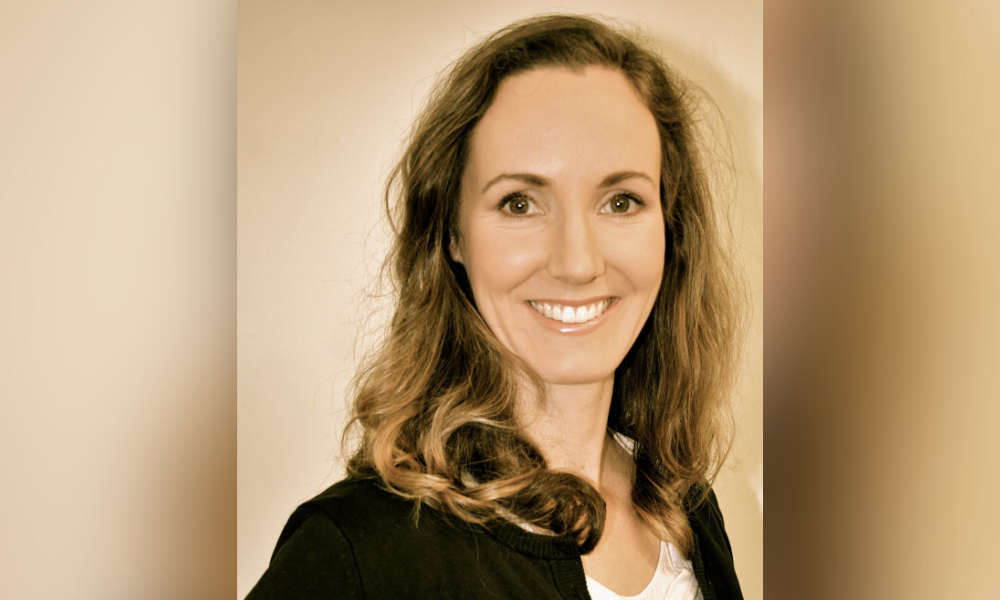
Research out of Massey University finds many corporate chiefs avoid addressing psychosocial hazards and feel workers should sort out their own problems

New Zealand’s Independent Police Conduct Authority (IPCA) recently found a male officer sexually harassed a subordinate colleague during a two-month secondment.
The officer showed no remorse or insight into his actions, the IPCA found, despite breaching police policies and values. He quit his job before facing a disciplinary meeting that followed an informal inquiry.
If a police officer thinks a lower-ranked colleague should put up with “an uncomfortable, even threatening atmosphere”, to quote the complainant, some leaders of industry might be as unawares as the cop in question.
As an example, new research from Massey University shows a sample of 24 corporate chiefs broadly agree it is up to workers to sort out their own problems, rather than admit psychosocial hazards at work might be responsible.
“Quite often, officers tend to focus on the problems workers bring into the workplace, or the individual capacities or characteristics of workers, rather than the work itself,” said Louise Deacon, a PhD graduate at Massey University.
“The Health and Safety at Work Act [HSWA] is being interpreted in ways that aren’t consistent with the object of the act,” she said.
The inclusion of mental health in the HSWA is meant to protect workers from exposure to workplace psychosocial hazards, such as long hours, role ambiguity, emotional demands, job insecurity and bullying.
But survey respondents told Deacon they see things differently.
Deacon said the business leaders she surveyed were reluctant to find fault with their workplaces.
“It was like a ‘but for’ situation,” she said, with common sentiment being, if it wasn’t for the stresses workers face in their home environment, they’d be able to cope with the normal stresses of work. Or, if it wasn’t for the fact that workers lacked resilience, they’d be able to cope.
Deacon put the sample’s slanted view down to “risk translation”.
“Instead of focusing on risks arising from the work environment that could cause harm to workers, officers tended to focus on mental health as being like an operational risk or a reputation risk,” she said. “They were concerned with the impact that [stressed] workers might have on operations.”
Deacon heard concerns that mentally affected workers are not as engaged in their work, that they use a lot of sick leave and that they are not as productive and effective in the work environment.
“Those are the risks they were focusing on rather than looking at risks arising from work that affect workers – it’s a translation of the risk,” she said.
Business chiefs felt like they need to be seen to be doing something about mental health because it’s important for their reputation. “But that’s a completely different focus of risk management than the act envisioned,” she said.
The Health and Safety at Work Act was introduced in 2015, so companies should by now understand how psychosocial risks can be measured and managed. But Deacon said claims of uncertainty are common in parts of the world where risks to mental health or psychosocial risks are regulated under work health and safety laws.
“It’s really difficult to hypothesise what that might be caused by,” she said. “It’s quite a challenge of psychosocial risk management, because it touches on management prerogatives, and those sorts of decisions aren't usually considered to be health and safety decisions.”
Job security, work design, workload and pay are commonly considered under the banner of industrial relations than as health and safety issues, but they are contributing factors to psychosocial risk.
“It’s difficult for people who run organisations to think about the role those decisions might have on workers’ mental health,” she said.
Deacon paraphrased some of the rhetoric contained in her interviews with business heads: “How can we address these risks when most of the risks workers face don’t arise from the work environment? They arise from the fact they’ve got a problematic home life, that they’re raising teenagers, that they’ve had relationship breakups,” she said.
“The flipside of that is that no-one really considered that maybe workers’ home lives or relationships with friends are a resource that they bring into the work environment that might help them cope with the stresses of work,” she said. “That wasn’t ever talked about.”
Pointing to workers’ “problematic lives” downplays the purpose of the duty, she said, which is to focus on risks that arise from work.
Some of the business leaders interviewed claimed to be getting conflicting advice from consultants, which Deacon suggested highlights the need for regulatory guidance.
“It’s difficult for people to switch out of that mindset that mental health is something that starts and finishes in the mind of an individual, and to instead think about ‘What are the social determinants of mental health?’” she said. “These ways of thinking about mental health and its causes – and in the solution to poor mental health – are so ingrained and institutionalised that they are going to be difficult to change.”